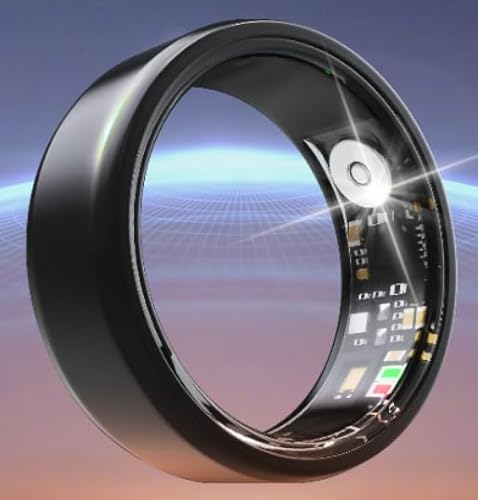B
bassadict69
Dad is having problems with low BP & they still have him on a Dopamine drip & therefore he is still in ICU. His surgery was on Monday.
I am wondering about the performance of his heart. How do they know it is performing better with the new valve? How do they know the valve was good? (I talked to one guy whose wife was still in ICU after 19 days because her first mechanical failed right after surgery)
It just seems to me that his BP should be a little better after getting the new Mitral valve. Since it isn't & is actually lower than before, I am worried that something is major wrong!
I am wondering about the performance of his heart. How do they know it is performing better with the new valve? How do they know the valve was good? (I talked to one guy whose wife was still in ICU after 19 days because her first mechanical failed right after surgery)
It just seems to me that his BP should be a little better after getting the new Mitral valve. Since it isn't & is actually lower than before, I am worried that something is major wrong!






















